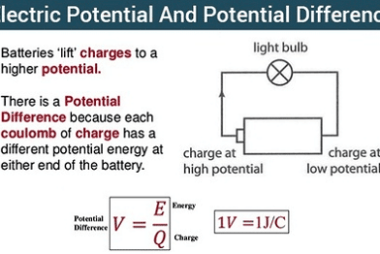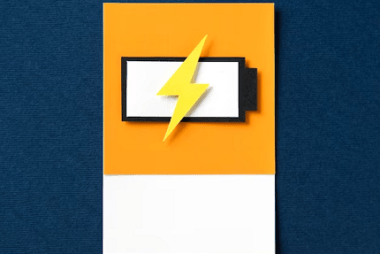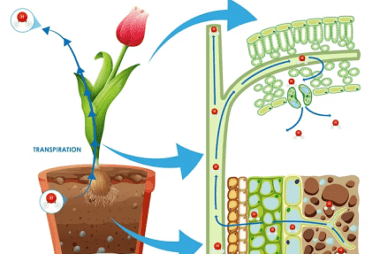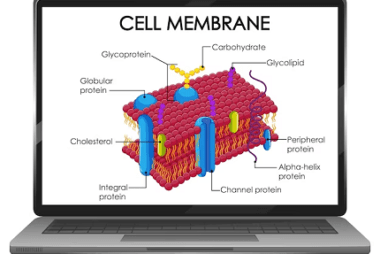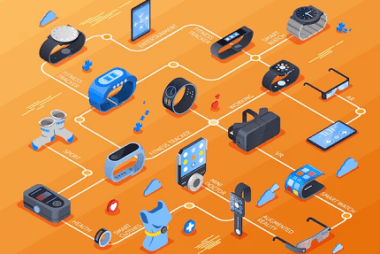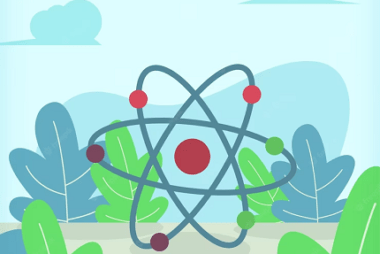Crash Course AIIMS-SYLLABUS Physics syllabus Continuous charge distribution
Continuous charge distribution The syllabus for physics in the AIIMS (All India Institute of Medical Sciences) entrance exam may vary from year to year. However, topics related to continuous charge distribution are often covered in the syllabus. Here’s an overview of the concept of continuous charge distribution: Continuous charge distribution refers to a situation where…


